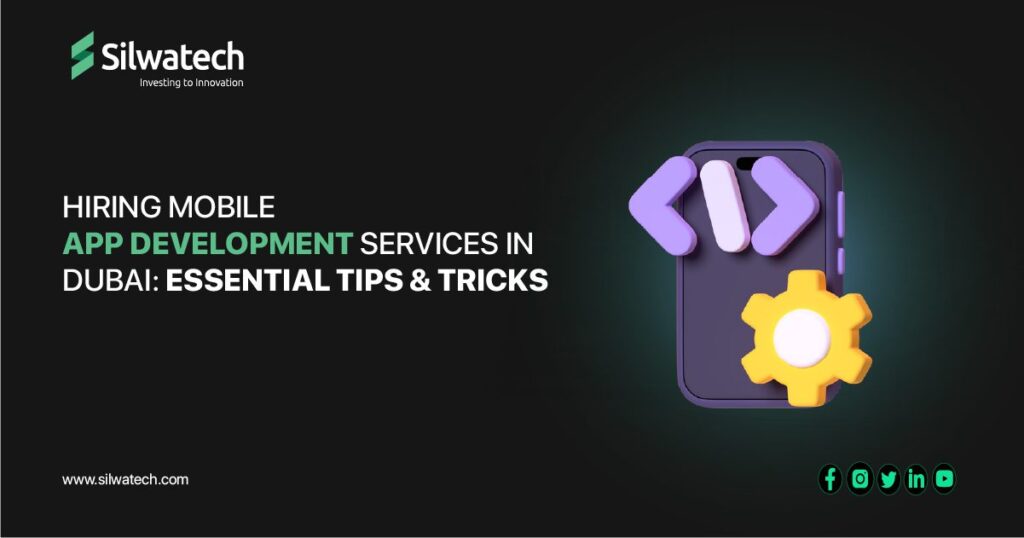Creating an app for your startup is a road paved with tough decisions. Every decision has its consequences that can reflect on your startup business. One important decision is choosing the right framework to develop your app. This is a crucial decision as choosing the right tech stack makes all the difference to the success of your app.
Google-powered Flutter is a powerful cross-platform mobile app development framework that is extremely well-suited to building apps for startups quickly and profitably.
So, what makes Flutter the best framework app for you if you are building a startup? That’s what we will cover in this blog. But first, let’s clear some basics.
What is Flutter?
Flutter is a cross-platform, open-source software development kit. It is developed by Google and is one of the best choices in the market now. It enables you to create common native apps that work for different platforms. It consists of command-line tools, a rendering engine, integration of testing, API, and entirely available widgets. Flutter is used to create mobile apps for Android and iOS platforms.
Stats show that flutter is used by 42% of software developers as it is a cross-platform mobile app development framework and is highly cost-effective. It can also be used to create apps for computers like Mac, Windows, Linux, and hybrid apps for the internet.
Flutter was written in the Dart language and launched in 2018 with a consistent growth model with variables that are automatically updated with every code update. It is easy to understand for anyone who knows Java or JavaScript.
Cross-Platform or Native App Development?
When considering app development, you will also be faced with the question of native or cross-platform app development. Native app development is an app dedicated to just one specific platform or operating system. A cross-platform app development lets you build an app so that it is integrated into any platform and can be deployed immediately.
Cross-platform apps have some advantages like low development costs, shorter time-to-market, a variety of plug-ins, quick and easy testing, and reusable code.
Why You Should Consider Building Your Startup App in Flutter
Now let us look at the advantages of using Flutter for your startup apps and why it is a popular choice for tech startups.
Low Development Cost
This is perhaps the most appealing feature of Flutter, especially for new startups. It has a single code base and cross-platform framework. This reduces the cost required to develop apps for each platform. Unlike native apps, Flutter doesn’t require you to create apps for
iOS, Android, and Windows separately. It runs on all of them.
Open-Source Code
The flutter software design toolkit comes with an open source code. An active community of software developers can share and access documentation in open developer forums. Developers can also clear doubts easily, thanks to the large community.
Increased Developer Productivity with Hot Reload
The Hot Reload feature is an interactive app development method where the developer can quickly make changes to the code and see them immediately. This is especially helpful if there is a bug during the development phases. It’s easier and faster for the developer to fix it without compromising functionality and redeployment of code. It allows developers to add new functionality, see real-time improvements, experiment, and remove bugs.
Lower Testing Time
Since there is only one app, which works for all the different platforms, the developers are saved from the tedious task of testing multiple apps. This saves a lot of time and money spent on testing for startups which can seem especially precious in the early stages.
Feature-rich UI to attract Investors and Customers
One of the distinguishing features of FLutter is its widgets. The widgets simplify the user interface and can be adjusted to many displays, resolutions, and platforms. It can perform multiple functions by enwrapping other widgets as well.Flutter has a highly customizable UI. The advantage here is that since Flutter is a cross-platform development kit, developers can create one specialized UI that will work for all the different platforms. The intuitive design attracts investors and customers alike.
Faster Deployment
Startups that choose to work with Flutter have the advantage of having a shorter time-to-period market. This advantage is available only for those who work with cross-platform app development kits as they do not have to develop each for iOS, Android, and Windows platforms. It saves you time from testing each one and the advantage of time over your peers.
High-Performance App with Dart
Flutter uses an object-oriented programming language called Dart. It is similar to Java and other programming languages. This helps developers who know Java grasp Flutter easily.
The use of Dart speeds ups the launch time of the application as Dart compiles into native code using Ahead-of-Time development techniques. Dart enables Flutter to connect directly with the native platform, allowing developers to create complicated apps with a stunning UX.
A Powerful Rendering Engine
Another stellar feature Flutter boasts of is its rendering engine. This high-performance engine Flutter uses is called Skia. Thanks to Skia, Flutter can launch itself into any platform. Skia also enables Flutter to have a host of features, making it a better choice for startups.
Firebase as Back-End
Firebase is a stable back-end solution provided by Google. It comes along with Flutter and makes it a more viable option. Flutter can pair up with Firebase and offer advantages like a real-time database, hosting solutions, stable assistance, user authentication protocols, and key back-end features. This is especially helpful for startups as it reduces the overall costs concerning back-end development processes.
The Bottom Line
Flutter is one of the best choices startups have when it comes to app development. Its features alone make it a worthy candidate that will stay relevant for a long time. Startups can either employ their team of developers for mobile app development or hire an experienced team. With our experts at Silwatech, you can get all the advantages of a seasoned developer but at a lower cost. Reach out to us today for an appointment with us.








